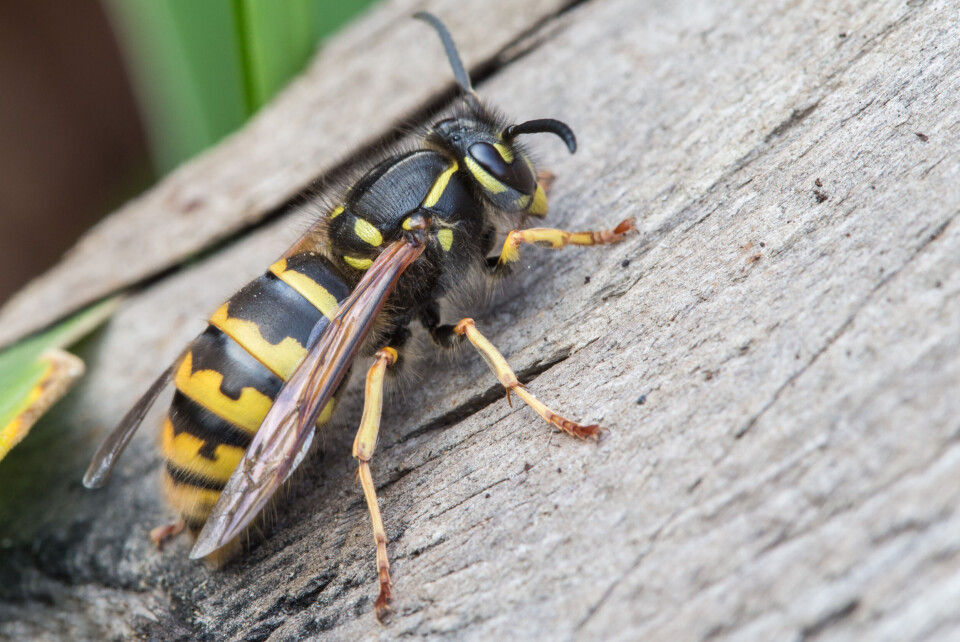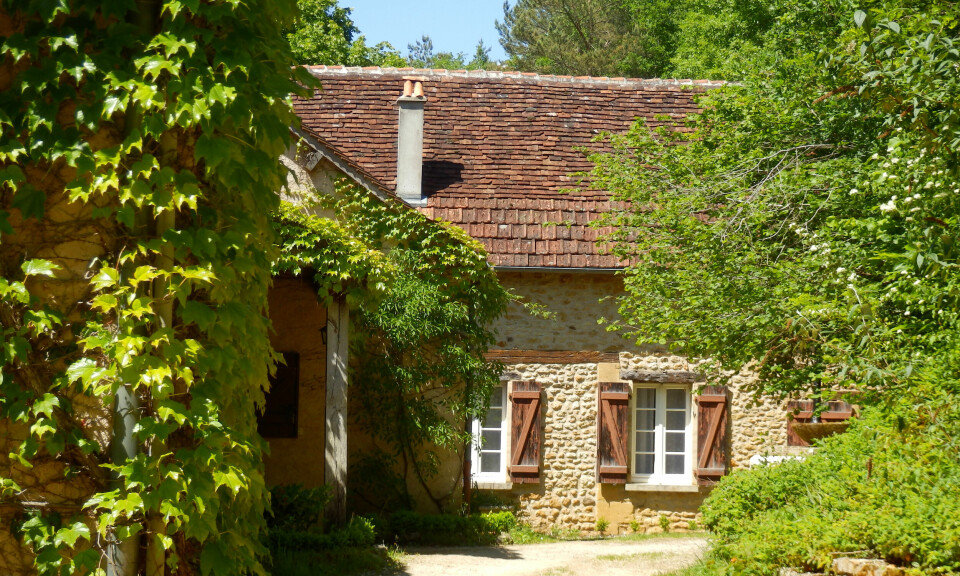-
Learning French: nouns that even native speakers commonly misgender
‘The struggle is real’, says our French writer Théophile Larcher - see if you can score higher than him in our mini quiz
-
Videos: violent storms wreak havoc across France
Flights were also diverted from major Paris airport due to heavy rain
-
Storms, then calm and warm days return: French weekly weather outlook May 12 - 16
Temperatures will reach around 2C higher than the national average for mid-May
Are there more wasps in France this year? Yes, says expert
Entomologist warns though that very hot weather can cause them to disappear and threaten the important role they play in biodiversity

Each summer in France, it feels as though the wasps come out in force, prompting people to ask if there are ‘more than usual’ this year. One insect expert has suggested that this season, this might be true.
‘More this year’
Mathieu de Flores, entomologist and project manager at the Office pour les insectes et leur environnement (Opie), said: “It’s difficult to know if there are more or fewer wasps this year, it’s difficult to quantify.
“But compared to last year when we had relatively few reports, we are being contacted a lot more right now, so that’s probably a good sign [that there are more this year].”
Spring survival
Wasps emerge strongly in summer, as they are created by a queen wasp in spring, having been fertilised the previous autumn by a male.
Mr de Flores told Actu.fr: “Until spring, they survive in holes or tree trunks. Many don’t survive, either because they are eaten or killed by the cold.”
Queen wasps that survive go on to create a colony by making a nest and laying larvae. Once the worker wasps are born, the queen retires to let the nest grow until the end of the summer, Mr de Flores explained.
Mild and warm weather in winter and spring is likely a cause of the increase in wasps this year, as warmer temperatures mean fewer queens die and more nests continue to thrive.
“The more queens that survive the winter, the more nests there are the following summer,” said Mr de Flores.
Hot temperatures
The very hot temperatures seen lately in France can also make the wasps’ presence more noticeable, but too hot, and they disappear.
Mr de Flores said: “When it’s hot, they go in search of water. But with strong heat and drought, the most accessible water points are often those closest to humans.”
These might include a leaking pipe or a swimming pool. Yet, very high temperatures can cause the insects to hide.
“As with all insects in general, they do not really like temperatures above 30C,” said the expert.
Declining species
And despite the apparent increase in wasps this year, Mr de Flores warned that rising temperatures and climate change can be problematic for insects in general and may cause problems in future.
He said: “In 30 years, between 75-85% of insects have disappeared. We cannot live without insects, including wasps. Three-quarters of the food we eat depends directly on them.”
Some may welcome hotter temperatures that may cause wasps to decline but the insects still have an important role to play in biodiversity, said Mr de Flores.
Wasps are super-predators that help to regulate the presence of other insects. Mr de Flores said: “Having a wasp nest near your home means you have tens of thousands of fewer flies.”
Wasps are also a major source of food for other animals, including spiders and birds.
How to manage wasps in your environment
The insect expert explained that if wasps are eating at your table, it is a sign that they do not have enough to eat in their natural environment and that your garden is not wild enough.
Mr de Flores recommended that in this case, you can keep the wasps away by:
-
Providing a distant watering place, such as a saucer of water with pebbles
-
Offer a small plate with meat scraps or sugar as a distraction
He added that unless you are allergic, wasps are not a major danger to humans. In fact, humans can be more of a danger to the insects.
Read more: Does household insurance pay to remove wasps’ nest?
However, he recommended that if there is a wasp nest too close to your home, do not take risks and try to move it yourself. Instead, call a professional who can estimate its danger and remove it if necessary.
Related articles
War on wasps and hornets declared in the Dordogne
France wasp population much higher this summer
























